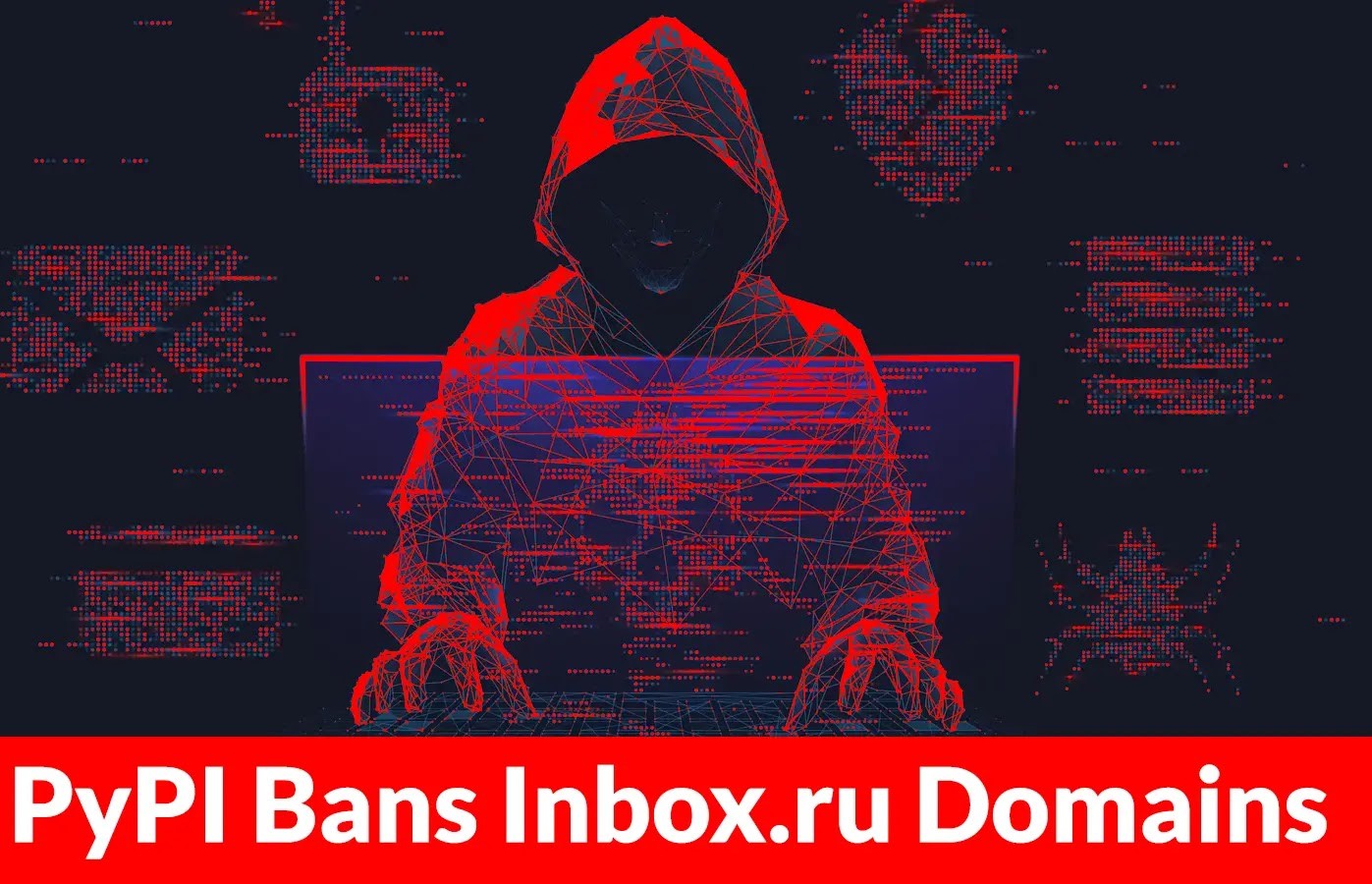
PyPI Bans Inbox.ru Domains Following Massive 1,500+ Fake Project Uploads
The Python Package Index (PyPI), a critical repository for Python developers worldwide, has taken decisive action to bolster its security posture. Following a relentless and sophisticated spam campaign, PyPI has implemented an immediate ban on all registrations originating from the inbox.ru email domain. This move comes in response to the massive upload of over 1,500 fake projects, an incident that underscores the persistent threats facing open-source ecosystems. For developers and security professionals, this event highlights the continuous cat-and-mouse game against malicious actors attempting to exploit trusted platforms.
The Anatomy of the Attack: A Flood of Fake Projects
The spam campaign against PyPI was not a sporadic event but a meticulously orchestrated effort. Beginning on June 9, 2025, malicious actors systematically inundated the repository with a staggering volume of illegitimate packages. Over a month-long period, more than 1,500 fake projects were uploaded. This deluge was facilitated by the creation of over 250 user accounts, each seemingly dedicated to flooding the index with spurious content. The sheer scale and sustained nature of this attack point towards a determined adversary aiming to disrupt the repository’s integrity and potentially set the stage for more malicious activities, such as typo-squatting or supply chain attacks.
Why inbox.ru? Understanding the Attacker’s Choice
The ban on inbox.ru domains by PyPI is not arbitrary; it’s a direct consequence of the attacker’s preferred registration method. Free and accessible email services are often exploited by malicious actors precisely because they offer a low barrier of entry and a degree of anonymity. In this particular campaign, inbox.ru appears to have been the primary, if not exclusive, domain used to register the fraudulent accounts responsible for uploading the fake projects. By cutting off this common vector, PyPI aims to significantly impede similar large-scale registration and upload attempts in the future. This strategic ban forces attackers to seek new, potentially more traceable, methods of operation, increasing the cost and complexity of their illicit activities.
Broader Implications for Software Supply Chain Security
While the immediate impact of this incident is a ban on a specific email domain, the broader implications for software supply chain security are significant. Open-source repositories like PyPI are foundational to modern software development, making them attractive targets for a variety of attacks:
- Typosquatting: Malicious actors upload packages with names very similar to popular legitimate ones (e.g.,
requests-proinstead ofrequests) to trick developers into installing them. - Malware Distribution: Fake packages can contain malicious code designed to steal credentials, install backdoors, or compromise development environments.
- Reputation Damage: A high volume of fake or malicious packages can erode trust in the platform and complicate the process of finding legitimate resources.
- Resource Exhaustion: The management and removal of such a large number of fake projects consume significant resources from the PyPI maintainers.
This incident serves as a stark reminder that even well-maintained repositories require continuous vigilance and proactive security measures to combat evolving threats. No specific CVE has been assigned to this type of spam campaign, as it represents a platform-level attack rather than a vulnerability in a specific software component.
Remediation Actions for Users and Developers
While PyPI has taken direct action at the repository level, individual users and organizations also play a crucial role in maintaining software supply chain integrity. Here are actionable recommendations:
- Verify Package Authenticity: Always confirm the source and legitimacy of packages before integration. Check the official PyPI page, look for reputable authors, active communities, and extensive documentation.
- Use Dependency Scanners: Integrate automated tools into your CI/CD pipeline to scan for known vulnerabilities and suspicious packages in your dependencies. Tools like OWASP Dependency-Check or Snyk can be invaluable.
- Implement Software Bill of Materials (SBOM): Generate and maintain an SBOM for your projects. This provides a comprehensive list of all components, making it easier to identify and track dependencies.
- Pin Dependencies: Specify exact version numbers for your dependencies in
requirements.txtorpyproject.tomlto prevent unexpected updates or malicious version injection. - Monitor for Anomalies: Keep an eye on security advisories from PyPI and other open-source communities. Stay informed about active threats and best practices.
Tools for Enhancing Software Supply Chain Security
Implementing the right tools can significantly improve your defense against supply chain attacks:
| Tool Name | Purpose | Link |
|---|---|---|
| OWASP Dependency-Check | Identifies known vulnerabilities in project dependencies. | https://owasp.org/www-project-dependency-check/ |
| Snyk | Automated security for code, dependencies, and containers. | https://snyk.io/ |
| Trivy | Comprehensive vulnerability scanner for containers, file systems, and Git repos. | https://aquasecurity.github.io/trivy/ |
| GitHub Dependabot | Automatically scans for vulnerable dependencies and creates pull requests to update them. | https://docs.github.com/en/code-security/dependabot/working-with-dependabot/about-dependabot-security-updates |
Conclusion: A Continuous Battle for Integrity
PyPI’s ban on inbox.ru domains marks a crucial step in its ongoing efforts to safeguard the Python ecosystem. This incident, involving over 1,500 fake project uploads and hundreds of fraudulent accounts, highlights the persistent and sophisticated threats targeting open-source software supply chains. For security analysts, developers, and IT professionals, this serves as a critical reminder: vigilance, proactive security measures, and the adoption of robust tools are indispensable in defending against these evolving challenges. The integrity of our software supply chain is a shared responsibility, requiring continuous adaptation and collaboration to stay ahead of malicious actors.





